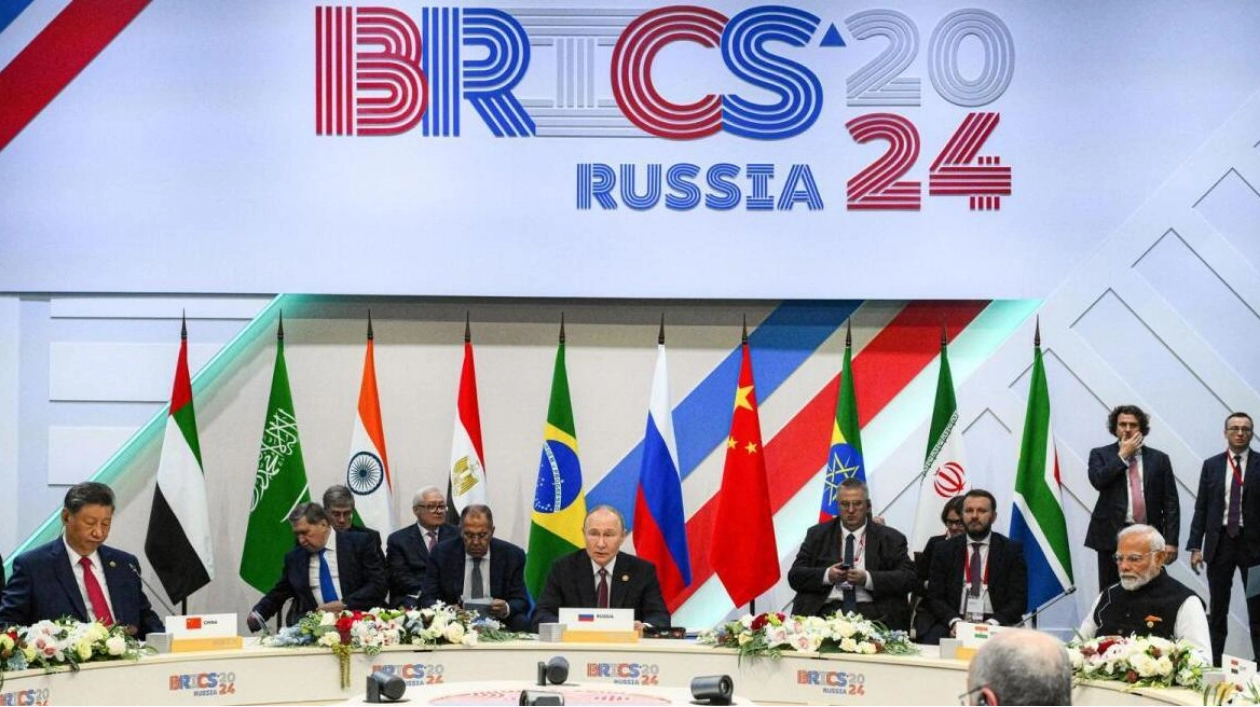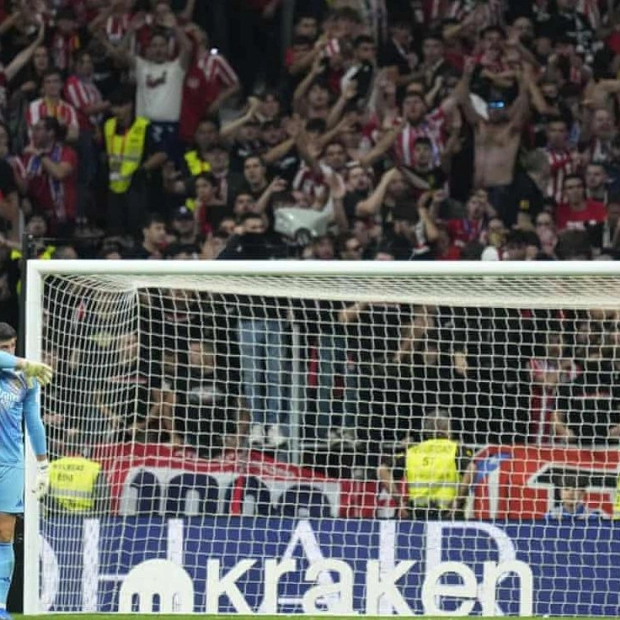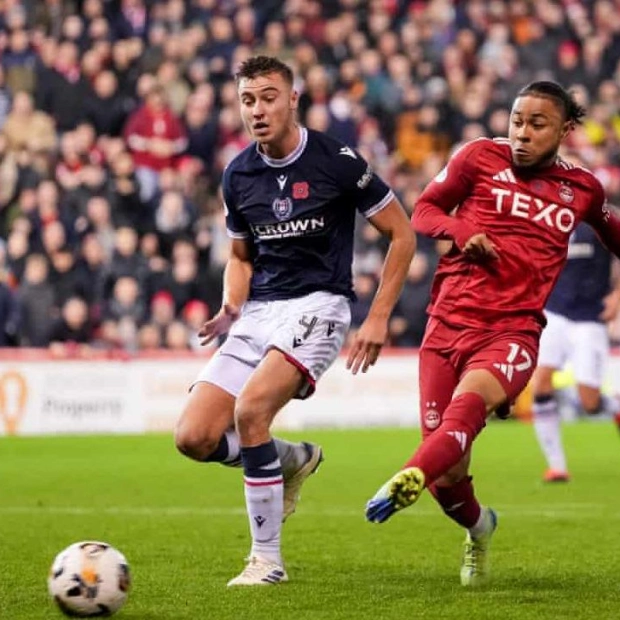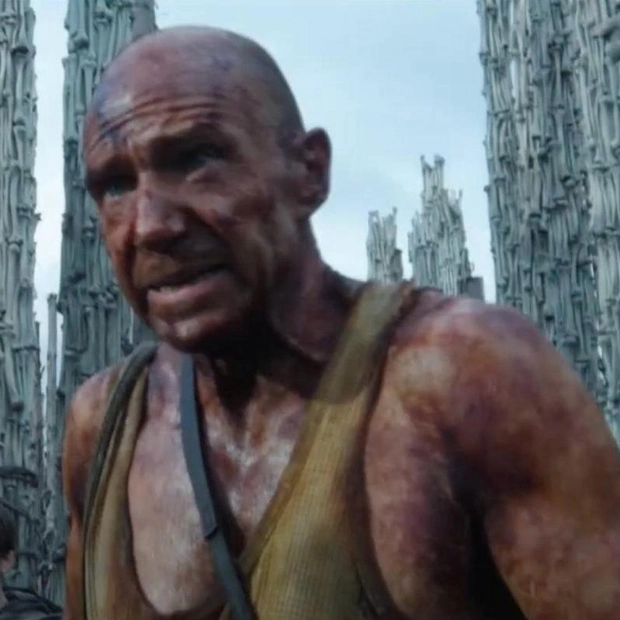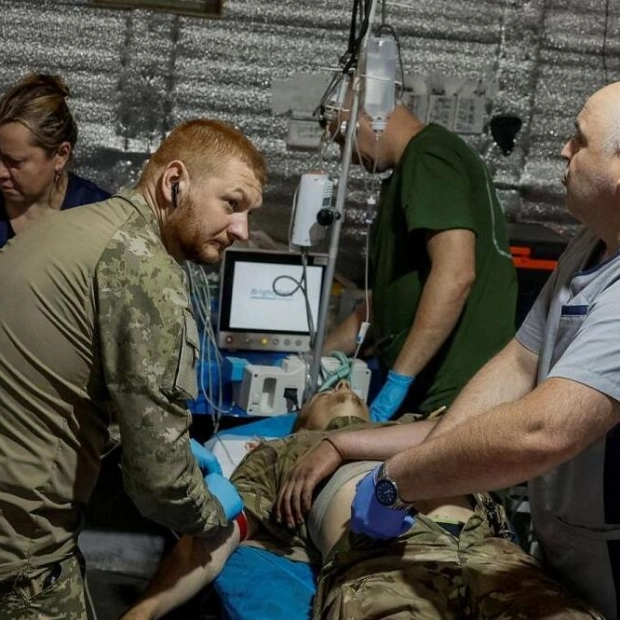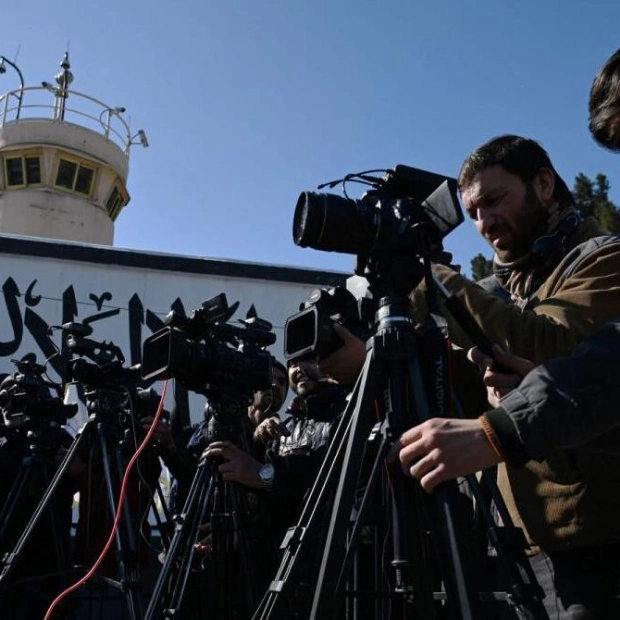Chinese President Xi Jinping, Russian President Vladimir Putin, and Indian Prime Minister Narendra Modi convened at the BRICS summit in Kazan, Russia, on Wednesday. The gathering saw world leaders advocating for peace in the Middle East and Ukraine, with President Putin expressing openness to mediation offers regarding the Ukraine conflict.
Putin framed the summit as a testament to the failure of Western efforts to isolate Moscow, yet he encountered direct calls from key partners to resolve the Ukraine conflict. The meeting, which included around 20 global leaders, marked the largest diplomatic forum in Russia since Putin's 2022 military intervention in Ukraine.
Initiated in 2009 with Brazil, Russia, India, and China, BRICS has since expanded to incorporate emerging nations like South Africa, Egypt, and Iran. In a joint declaration, the group expressed profound concern over ongoing conflicts and instability in the Middle East and North Africa, criticizing Israeli attacks on UN personnel in southern Lebanon and urging the preservation of Lebanon's territorial integrity.
During a plenary session, leaders emphasized the need for peace in both the Middle East and Ukraine. Iranian President Masoud Pezeshkian called on BRICS members to leverage their collective and individual capacities to end the wars in Gaza and Lebanon. President Xi reiterated his call for a ceasefire, emphasizing the necessity to halt the killing and strive for a comprehensive, just, and enduring resolution to the Palestinian issue.
Brazilian President Luiz Inacio Lula da Silva urged the avoidance of escalation in both the Middle East and Ukraine, highlighting the importance of collaborative efforts towards common goals amid potential global conflicts. The European Union encouraged BRICS members to utilize the forum to pressure Putin to immediately cease hostilities in Ukraine.
In private bilateral discussions, Putin welcomed mediation offers from several BRICS leaders regarding Ukraine, despite asserting his forces' advancements on the battlefield. Kremlin spokesman Dmitry Peskov noted that Putin also used the meetings to highlight the positive dynamics for the Russian armed forces. Russian troops have been gradually advancing in eastern Ukraine throughout 2024, though neither side has achieved a decisive breakthrough.
President Xi, a crucial ally of Putin, emphasized the imperative of preventing escalation in Ukraine, adhering to the principles of 'no spillover from the battlefield, no escalation of fighting, and no adding fuel to the fire by relevant parties' to expedite the easing of the situation. Indian Prime Minister Narendra Modi echoed the call for peace, advocating for dialogue and diplomacy over war.
Brazil's Lula stressed the importance of initiating peace talks between Moscow and Kyiv. While Xi and Modi have previously promoted their own peace initiatives for Ukraine, progress has been minimal. Putin has stipulated that Ukraine must cede more territory in its east and south as a prerequisite for ceasefire negotiations, a condition Kyiv has rejected.
Turkish President Recep Tayyip Erdogan, positioning himself as a potential peacemaker, will engage in talks with Putin, while UN Secretary-General Antonio Guterres is scheduled to meet with the Kremlin leader. Moscow views the BRICS platform as an alternative to Western-led international organizations like the G7.
In his opening remarks, Putin highlighted the ongoing formation of a multipolar world order, a dynamic and irreversible process. Xi and Modi also took the opportunity to hold their first formal meeting in five years, following a recent agreement on their contested border. Xi emphasized the mutual benefits of enhanced communication and cooperation between the two nations.
The BRICS group further advocated for a greater role and deeper integration of the Global South in international decision-making platforms.
Source link: https://www.khaleejtimes.com
